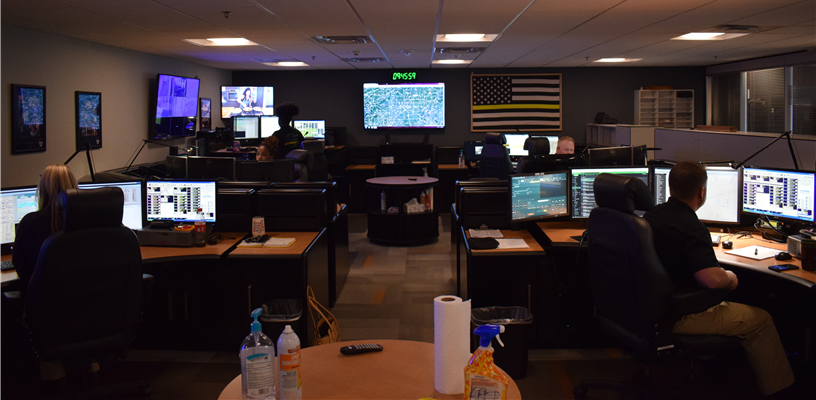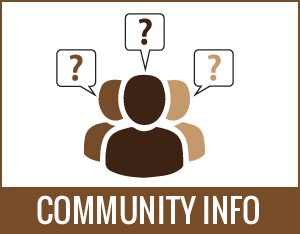
- By Todd Luck
- Posted Tuesday, April 15, 2025
Public Safety Telecommunicators Week is April 13-19
National Public Safety Telecommunicators Week, April 13-19, is a time to remember the vital role telecommunicators play in receiving and dispatching first responders to deal with emergencies.
The county's 911 Communications Center answers all 911 calls in Forsyth County that are outside the City of Winston-Salem. The center has a total of 28 telecommunicators that received about 110,000 911 calls per year and dispatched over 100,000 calls for service.
"Behind every call for help is a 911 telecommunicator who embodies calm, courage, and compassion. This week, we celebrate the unsung heroes, those behind the scenes, who are truly the heartbeat of public safety in Forsyth County" said Emergency Services Deputy Chief Jamie Fore.
The center also answers 90,000 non-emergency calls including those from alarm monitoring companies for fire and medical alarms, other public safety agencies and from the general public for information.
If firefighters or paramedics are needed for a call, 911 telecommunicators will dispatch Emergency Medical Services (EMS) or local fire departments to those incidents. Callers that need a law enforcement response are transferred to the Sheriff's Communications Center.
The Sheriff's Communications Center currently has 21 telecommunicators receiving an average of 153,000 calls annually, including emergency and non-emergency calls. They also are responsible for handling entries into the National Crime Information Center (NCIC), a computerized index of criminal justice information for wanted/missing persons, stolen property, domestic violence orders, etc.
"During National Telecommunicators Week, we pause to recognize the incredible dedication, professionalism, and heart of our public safety dispatchers—the unsung heroes behind the scenes,” said Sheriff's Office Communications Manager Ashley Conrad. “Telecommunicators are the calm voices in chaos—the vital link between those in distress and the help they urgently need. They answer every call with courage, compassion, and clarity, often in someone’s darkest hour. Though you may never see them, they are the first to respond. Their work is critical, and their impact is immeasurable.
To our telecommunicators: thank you. Thank you for your tireless commitment, your resilience under pressure, and your unwavering devotion to our communities. You are the steady hands and caring voices that make a difference—every single day.”






